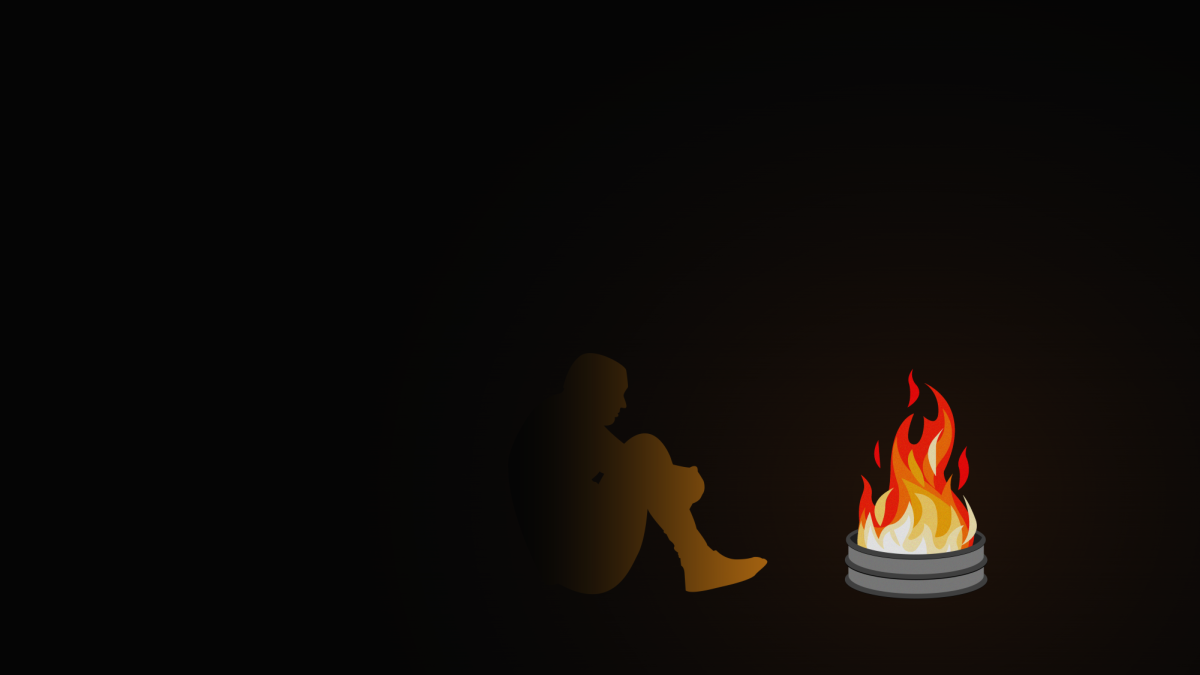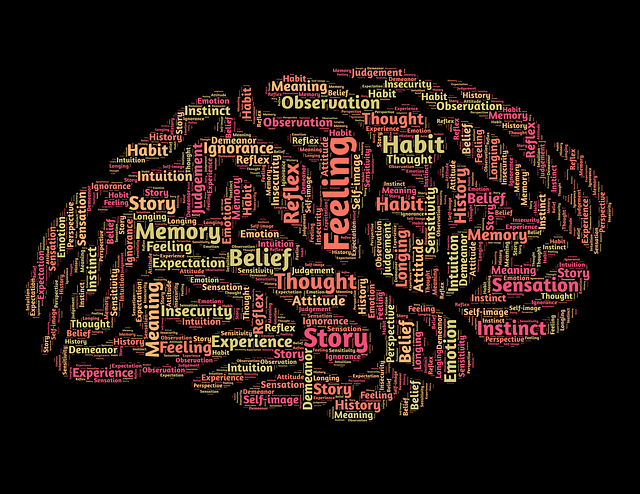A simple click of the TV remote through the seemingly endless number of broadcast news stations might elicit different reactions based on the viewer. For some, frustration is the overwhelming sentiment. For others, sorrow and regret are the predominant feelings associated with how current events are shaping the state of the world. Many viewers, as a result of their geographical location, cultural traditions or personal beliefs, often regard these same events as a sort of vindication that demonstrates their version of justice.
The church shooting in Charleston, the torturing of gay men in Chechnya or the stoning of an Afghan woman for committing adultery, are a series of tragic events that surely every member of the species must find equally abhorrent. We live in a world where the perpetrators of these atrocities need only to cross an international border to eventually find themselves surrounded by ardent supporters of their cause. The justification for their personal morality perceived peculiar by the societies they reside in can be found through digital contact via the internet as well as message boards that incite hate that requires nothing more than a shamelessly proud handle and an eight digit password.
The existence of so many contradictories, but equally fervent personal convictions, presents a problem for secular societies aiming to replace ideas and laws that impede personal freedoms with the current approximation seeking to define the quality of life.
In doing so, wars of opposing ideals transition from the blackboard to the battlefield with the goal of preserving the “only” correct version of morality motivating both sides. After all, two conflicting ideas existing on polar extremes of one another can’t concurrently be correct.
The idea that perception is a worthy pretext for action seems to be accepted when it concerns areas of personal taste and happiness, but when that relative truth interferes with the happiness or well-being of others, those who determine their interpretation of instinct to be superior take action to rectify injustice.
Perhaps it’s the way we have historically defined morality that causes human beings to assume its singular nature. We prescribe to our individual certainties through anecdotal experiences and gut-based intuition without accepting that those we disagree with use this same process, and as a result, we declare our authority through equal ignorance.
What is right versus what is wrong cannot be entirely constrained to absolutes, but considerations of safety and survival must not be ignored for protection of ego or sensitivity. A continual push towards understanding the delicate process needed to gradually adjust perception through some unavoidable trespasses will pave the way for reason as it replaces the regard for feelings and tradition.

















